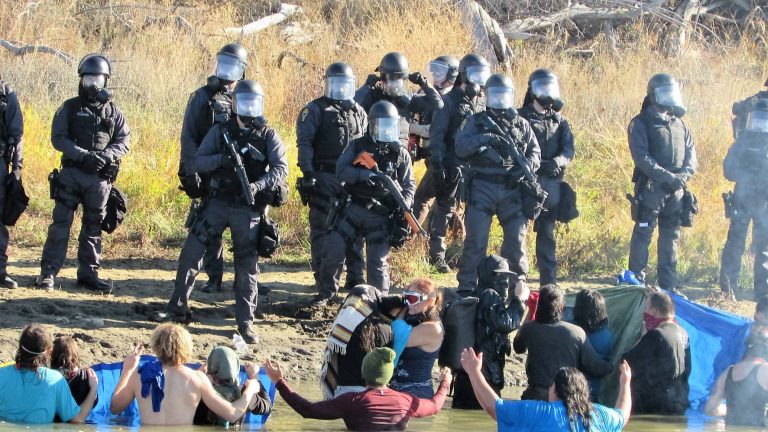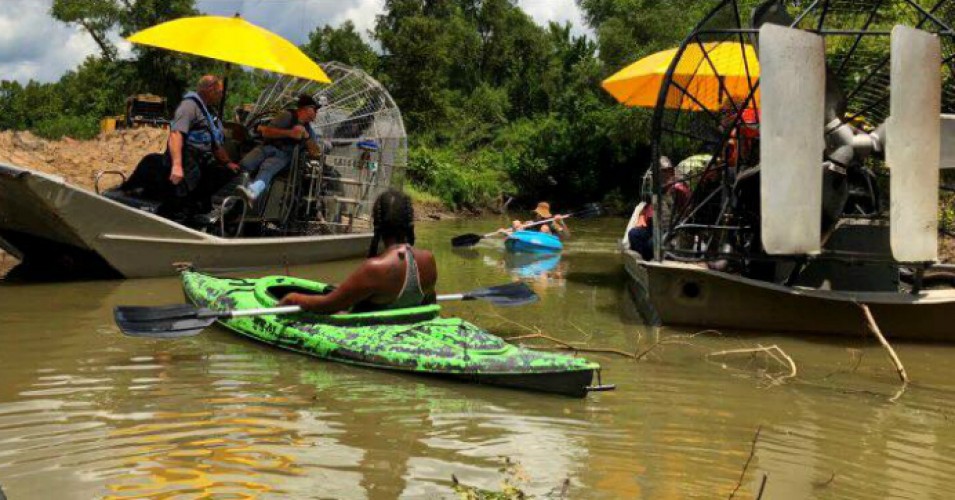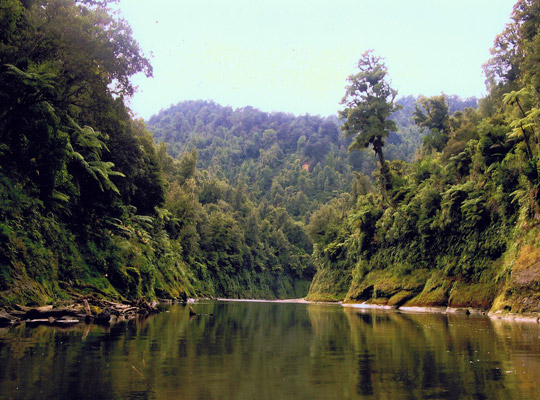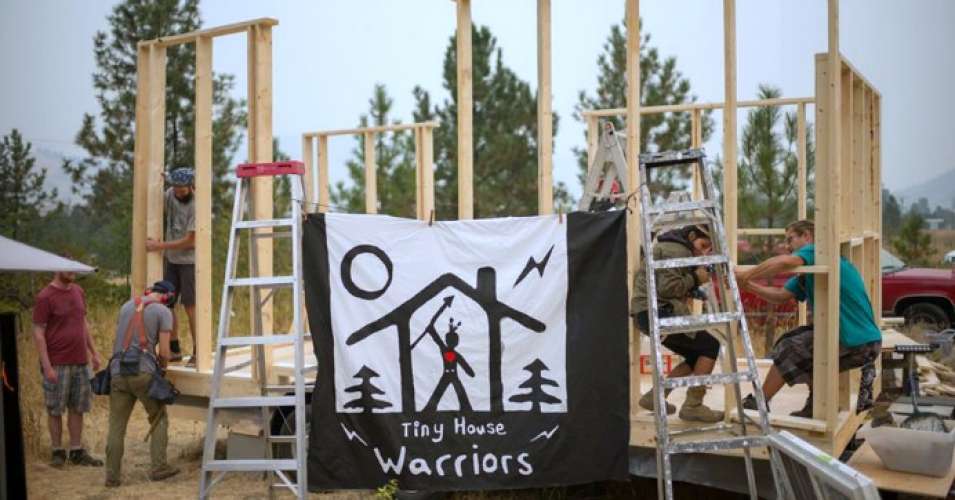The tension is palpable in northern Minnesota where a Native-led protest movement is getting ready to square off with Enbridge over the massive Line 3 oil pipeline being built to carry crude from Canada to the Great Lakes.
By Alan Macleod Published 12-22-2020 by MintPress News
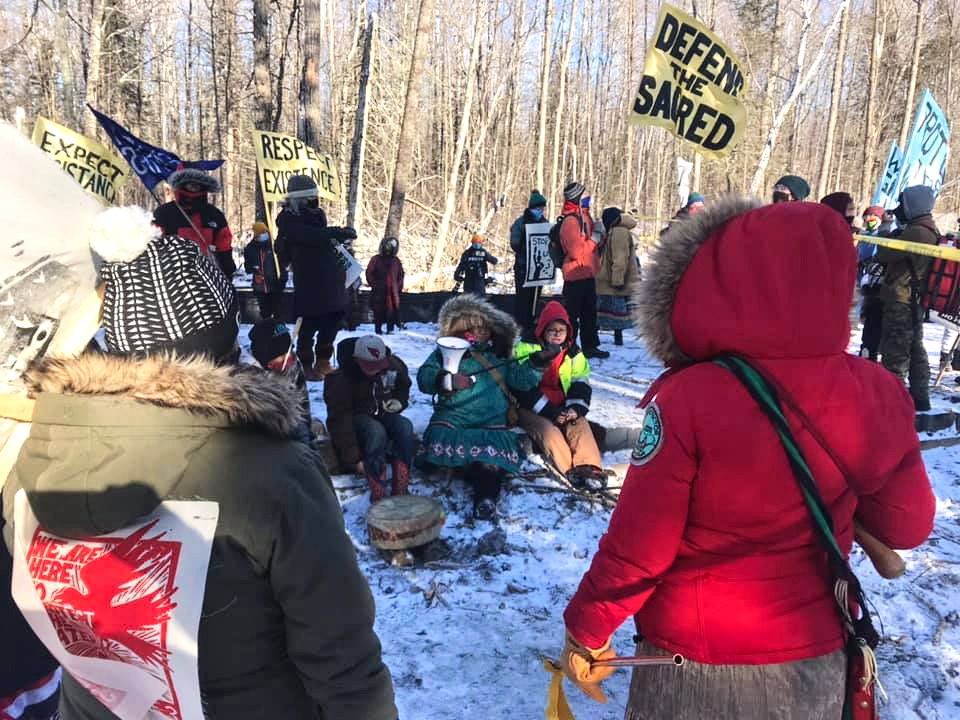
Water Protectors in Palisades, MN on December 14, 2020. Photo: Marian Moore/MN350/Facebook
Despite sub-zero winter temperatures, a conflict over a controversial new pipeline is threatening to boil over in rural Minnesota, turning it into the next Standing Rock. 22 people were arrested last week during protests in Aitkin County, around 120 miles north of Minneapolis, for trespassing against the construction of the Enbridge Line 3 pipeline. The pipeline project would carry more than 750,000 barrels of fracked Alberta tar sand oil through the United States.
Activists from environmental and indigenous groups are braving the snow to form a barrier to the construction of a pipeline that will traverse the Mississippi and pass through a number of delicate ecosystems, threatening many of the state’s famous rivers and lakes. Continue reading





